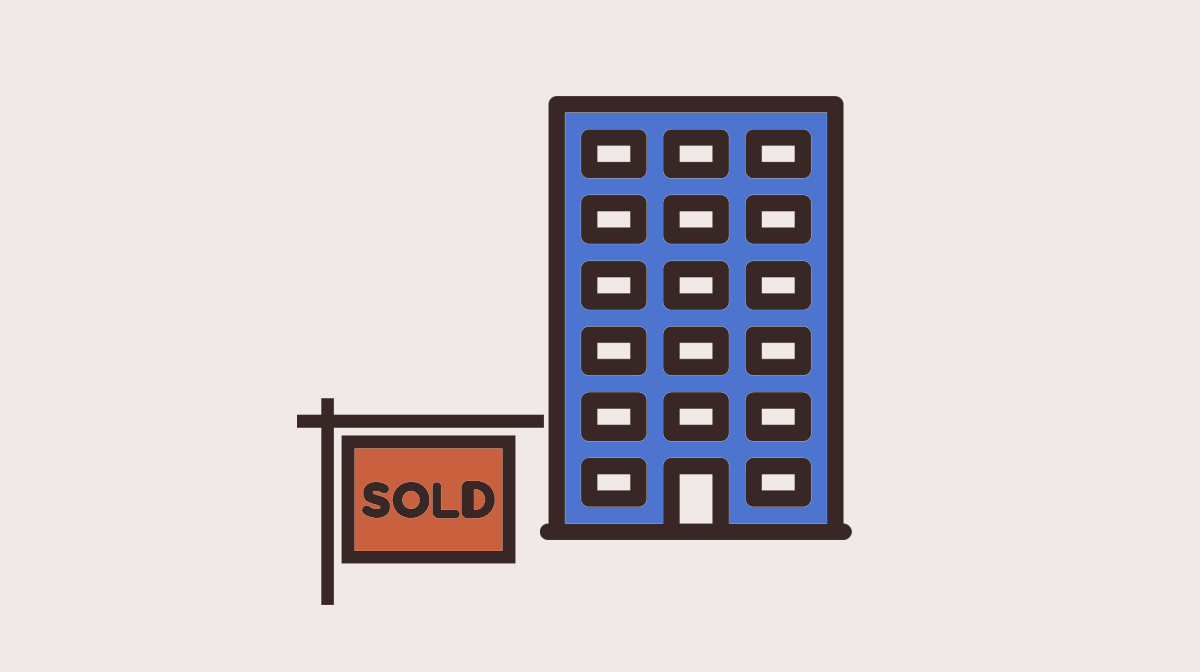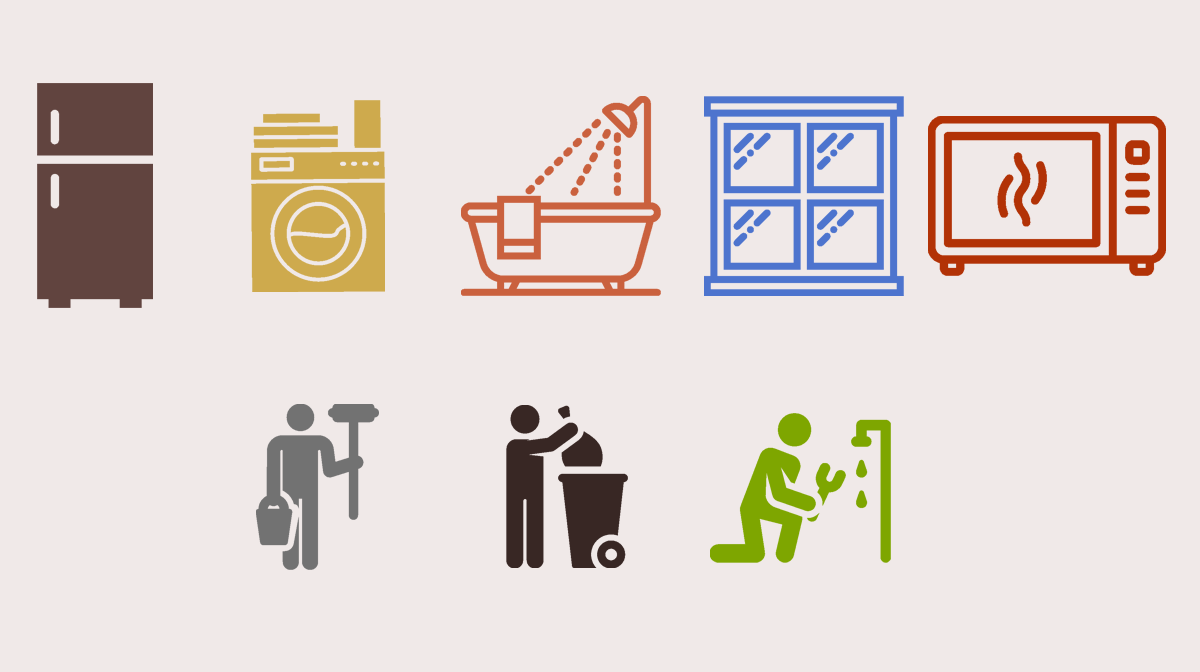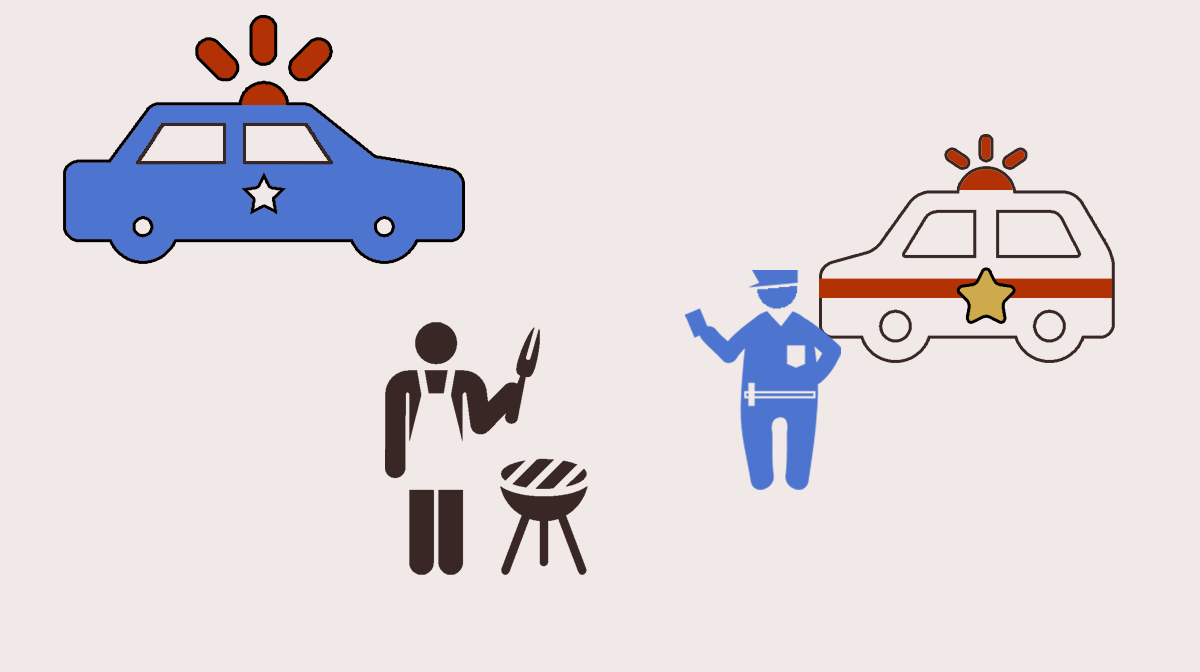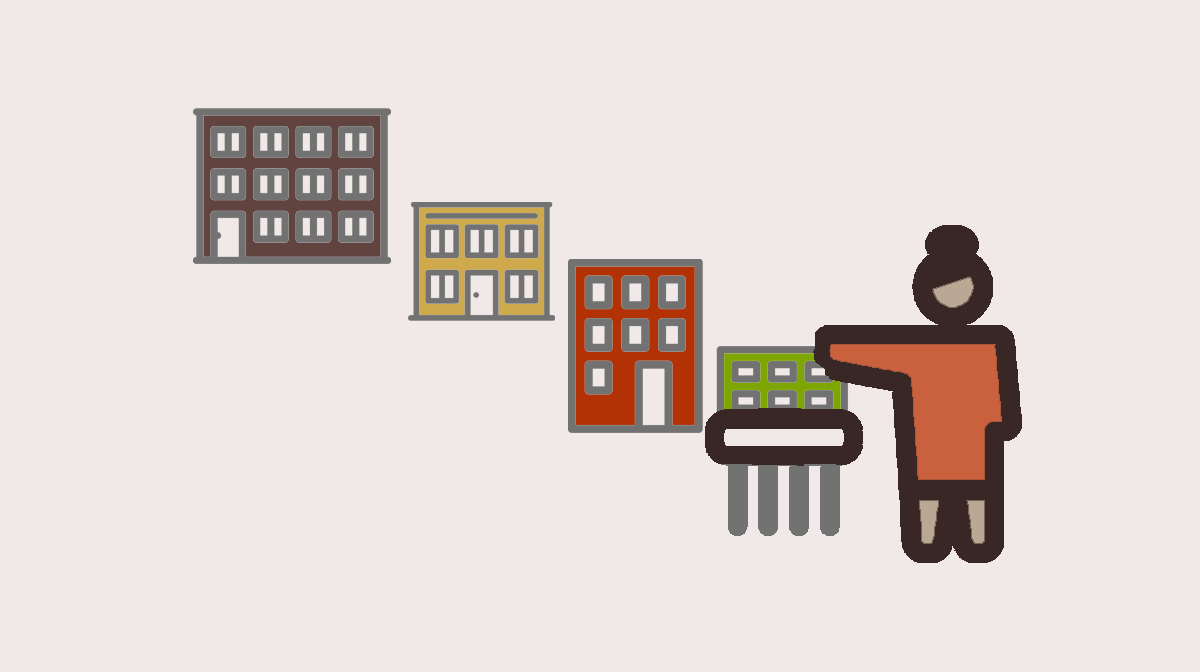Housing affordability surveys are largely based on the assumption that no person in the US should spend more than 30% of their income on rent. Every year a lot of doom and gloom reports come out saying that housing is becoming increasingly unaffordable as more and more renters pay up to 50% of their income to their landlord. I'm not here to debate whether or not the rising rent rates are a good thing or bad thing. At this point they are unavoidable. There will probably come a time when you as a renter will have to decide whether you're willing to exceed that 30% limit. When that time comes, here are a few things to consider.
The 30% benchmark is an 80 year old arbitrary figure.
30% was a number set by the architects of the New Deal after the Great Depression of the 1930s. It was used to determine how much government support would be given to people who needed help with housing. Since then experts and government agencies have latched onto it as a set-in-stone number not to be exceeded for any reason.
30% is a suggestion. You need to do your own math.
It's your own responsibility to figure out how much you can really afford to pay in rent. For some of you it might be more than others. You need to look at your own current situation and decide what's best. A lot of financial planning sites will tell you to split your costs between the things you need and the things you want. I would say there's actually needs, wants and shoulds.
When you're making enough money to be comfortable, the shoulds become needs. When you're not earning enough to make ends meet the shoulds become wants. Continue reading Can we throw out the 30% rule of affordable housing already?






